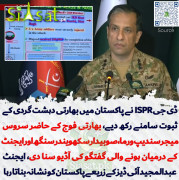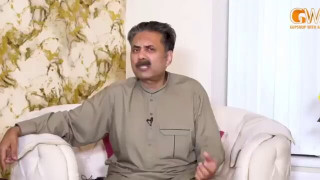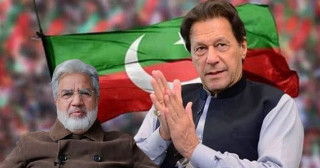kmanzar
Voter (50+ posts)
BrorI have asked you that whose rational thinkings we should use to create laws?
I deliberately kept myself not answer that question formerly, because I felt that that is a huge communication gap between us on the topic of understanding basic Islamic principles and without covering this gap, any statement could let us towards misunderstanding, and lots of discussion required for filling up that communication gap.
But now as you asked it twice, let me try to explain briefly (although its not simple :))..
One important aspect (out of several) of Quran is that it provides the manifesto, higher norms addressing the social life in an Islamic system. Any system has rules, defined under constitution (Quran provides guidance for those all levels). right?, lets move ahead ...
Now, as you want to know ‘whose rational thinking we should use to create laws’?
It’s not a matter of us (as people) to make laws, we have to follow. This question is rather related to the law-makers. Okay …
In an ideal Islamic society, members of Parliament or Shura (the law making institute) should be capable enough to handle such issues under the principles of Islam; different members would discuss any specific issue, in light of Quran with rational thinking and debate, and after through debate a law could be finalized. As people we have to accept the law, or if someone find it contrary to Quranic values, that can be challenged in the Court. (this sort of ideal Islamic parliament can also be found in lectures of Allama Iqbal). So it could automatically decide within parliament that which member’s idea needs to be accepted.
Or, as we are not an ideal society, but we have an institute called ‘Council of Islamic Ideology’, supposed to be represented by top scholars among the society, having knowledge and research both in Islamic principles and having a good vision on the challenges of current world. So they can discuss and debate logically on any given issue. And so
So, I don’t know did I answer your question in proper manner or not :)
Regards
Last edited:





























